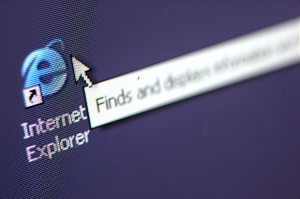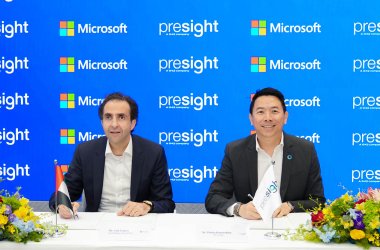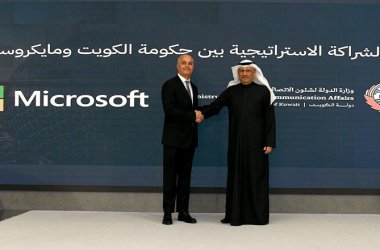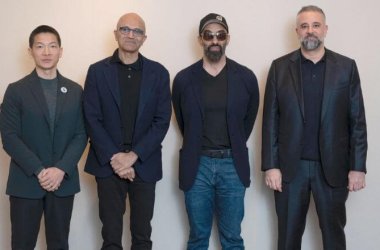Europe’s antitrust chief on Wednesday announced a substantial €561 million (US$731 million) fine on Microsoft, but it could have been even higher, he said.
The software giant was hit with the fine by the European Commission for failing to offer a browser choice page for 14 months following its upgrade to Windows 7 in early 2011. The browser ballot screen was set as a requirement by the Commission after Microsoft was found to have breached European Union competition laws by bundling Internet Explorer browser with the Windows OS.
Competition Commissioner Joaquin Almunia could have imposed a fine of up to 10 percent of Microsoft’s global annual revenue — around $7 billion. But he said that the final figure was calculated based on the length of time of the infringement. That Microsoft cooperated with the Commission and restored the browser choice screen as soon as the omission was reported was a mitigating factor, Almunia said.
However, a failure to comply with settlement commitments, whether intentional or not, is a very serious infringement that must be sanctioned accordingly, the Commissioner said.
Microsoft said the omission was an oversight due to a “technical fault.”
“We take full responsibility for the technical error that caused this problem and have apologised for it,” Microsoft said in a statement Wednesday. “We provided the Commission with a complete and candid assessment of the situation, and we have taken steps to strengthen our software development and other processes to help avoid this mistake — or anything similar — in the future.”
In July, the company also offered to extend the choice screen for an extra 14 months equivalent to the time it was down.
The Commissioner has increasingly used settlements — so-called Article 9 decisions – to solve antitrust cases. Almunia said that in fast-moving markets such as ICT, these could be more effective than punitive fines.
This is the first time the Commission has fined a company for failing to honour commitments. Almunia is keen to send the message that settlements must be followed to the letter.
Asked why no one had noticed that the choice screen wasn’t being offered for 16 months, Almunia replied: “In any Article 9 decision we need to be able to monitor the commitments included in the decisions.” He further admitted that the Commission had been “naive” to appoint Microsoft to monitor itself.
“We trusted the monitoring reports. But we need to pay even more attention to these reports. We haven’t yet worked out how we are going to approach this monitoring question,” said the Commissioner.






